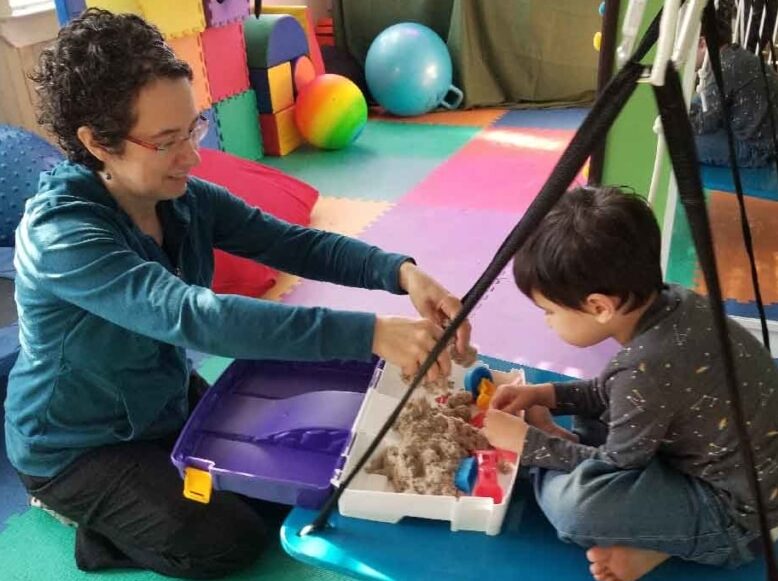
Ten Things to Know about Autism Spectrum Disorder (ASD)
Autism spectrum disorder (ASD) is a developmental disability that can cause serious social and behavioral challenges. People with ASD may learn, communicate, and behave in ways that are different from others. Ten things to know about ASD are:
1. According to the Centers for Disease Control, approximately 1 in 44 children was diagnosed with autism in 2021. Boys are four times more likely to be diagnosed with ASD than girls.
2. The most obvious signs and symptoms of autism often start between 12 and 18 months of age. Some infants and toddlers develop normally until the second year of life, when they develop autism and lose skills they’ve learned.
3. Many children with ASD are not diagnosed as early as they could be. The American Academy of Pediatrics recommends autism screening for all children at ages 18 and 24 months. Early intervention treatment services may not just improve behaviors, but also improve brain function in children with ASD.
4. Although there is no cure for ASD, there are a number of effective treatments to help children function better at home and school. Early intervention services help children from birth to three years old learn to talk, walk, and interact socially with others.

5. Some people have had concerns that autism is caused by childhood vaccinations. However, extensive research over the past twenty years has shown there is no link between vaccinations, or the ingredients in vaccinations, and ASD. With rare exceptions, vaccinations are safe for children and prevent serious childhood diseases.
6. Children with ASD are prone to wandering or bolting from a safe, supervised place. This common behavior can also lead to dangerous consequences and cause great stress for families.
7. While many children with autism also have intellectual disabilities, almost half (about 44%) have average to above average intellectual ability. As adults, some people with autism need a great deal of help, while others need less help, are employed, and are able to live independently.
8. People with ASD often suffer from other medical conditions which may include allergies, asthma, epilepsy, digestive disorders, obesity, persistent viral infections, sleeping disorders, and more.
9. Children with special needs, including ASD, may be eligible for treatment services under state and federal laws. The Individuals with Disabilities Education Act (IDEA) is a four-part federal legislative act that governs how states and public agencies provide early intervention, special education and related services to more than 6.5 million eligible infants, toddlers, children and youth with disabilities.
10. Autism itself does not affect life expectancy. However, studies show that the mortality risk among people with autism is double that of the general population, largely due to drowning and other accidents.
Harsha Autism Centers provide ongoing care for children, adolescents, and young adults (ages 2-22) with autism to improve the quality of their lives. If you would like learn more about how Harsha Autism Centers can help please contact us at info@harshaautism.com or call (812) 233-8833.



